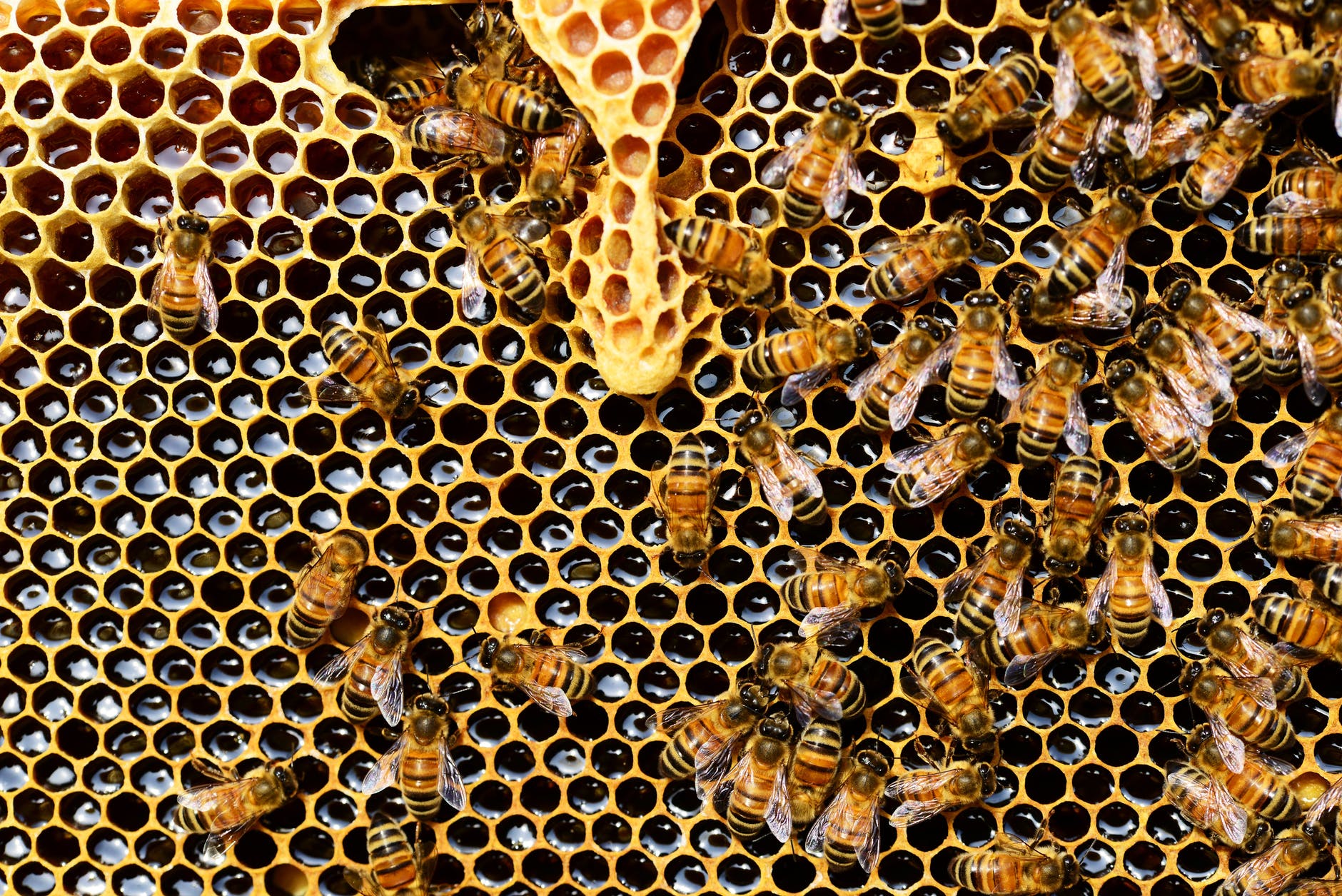1MG FlippingBooks
Propolis creates profitable opportunity for Australian beekeepers
A recent report funded by the AgriFutures Australia Honey Bee & Pollination Program reveals that Australian beekeepers can improve their profits by incorporating propolis production into their honey harvest.
The Australian bee industry currently produces between 20,000 and 30,000 tonnes of honey annually, with an estimated gross value of production of $98 million. However, the sector can achieve further growth by harvesting propolis.
Propolis is a resinous substance collected by honey bees to both sterilise and seal unwanted open spaces in a hive. Although it is commonly viewed as a by-product, its various antibacterial, antiviral and antifungal properties make it useful in a range of consumer products such as toothpastes and lozenges.
The AgriFutures report, Market and Production Potential for Australian Produced Propolis , was published in April and examines New Zealand’s growing propolis industry to investigate whether there are similar commercial opportunities for Australian beekeepers.
New Zealand’s propolis industry produces around 30 tonnes of raw propolis every year, creating lucrative opportunities for beekeepers who can receive NZ$54 to $197 per kilogram for the raw unprocessed product.
The popularity of propolis harvest in New Zealand can be attributed to several reasons, including:
·Production can be combined with existing activities and completed during honey harvest;
·Limited labour is required to harvest propolis;
·Propolis harvest does not require significant capital investment; and
·Upward trends in the price of the product.
The AgriFutures report finds that similar profitable production of propolis by Australian beekeepers is possible.
Previously, the development of an Australian propolis industry has been hindered by the absence of consistent buyers and local processors. However, this situation is currently changing, with numerous parties now seeking to join the supply chain and considering commercial investment in propolis processing.
The market opportunity for propolis production in Australia is expected to grow by 10 percent per annum to 2020. According to the Centre for International Economics , the largest markets for propolis are Korea, Japan and Taiwan, although there is also an emerging Australian market made up of Asian tourists and Asian communities.
This opportunity is especially useful for smaller operators who will be able to incorporate propolis harvesting into their usual honey bee harvest. Raw propolis production is estimated to add $900 a year to net revenue if external labour is used and $1,400 a year if the owner’s labour is used.
AgriFutures notes that Australian beekeepers can seek further price premiums on propolis by emphasising its competitive advantages, including:
·trust in the integrity of products originating in Australia;
·low levels of chemical residues; and
·unique chemistries in propolis sourced from native flora.
Beekeepers should realise this opportunity by partnering with companies interested in raw Australian propolis such as honey packers and established processors seeking additional supply.
You can find out more about the AgriFutures Honey Bee & Pollination Program here.

















